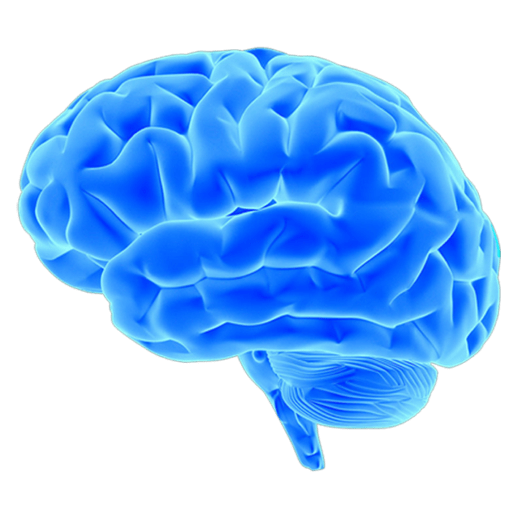Central sleep apnea (CSA) is characterized by breathing disruptions caused by the brain’s inability to send breathing signals. This is quite unlike obstructive sleep apnea, where the airway is obstructed due to physical factors. In CSA, the brain fails to signal the muscles that are controlling breathing properly. This lack of respiratory efforts develops breathing disruptions, initiating sleep distortion.
Understanding Central Sleep Apnea
The first step to effective central sleep apnea treatment lies in understanding the intricacies of this neurological type of sleep apnea.
iSleep Physicians Group
Sleep Apnea Caused by Brain’s Signal Disruption

iSleep Physicians Group
Central Sleep Apnea Symptoms
Some central and obstructive sleep apnea symptoms are similar, such as daytime fatigue, poor concentration, restless nights, and excessive morning sleepiness. However, the distinctive characteristics of central sleep apnea include awakening with shortness of breath, discrete pauses in breathing throughout the night, subtle breathing disruptions, and lesser snoring or snorting sounds.
iSleep Physicians Group
Central Sleep Apnea Causes and Risk Factors
Understanding central sleep apnea’s causes and risk factors, such as certain medical conditions and medications, is imperative for the best treatment of central sleep apnea. A strong grasp of these causes and risk factors is pivotal for accurate diagnosis and central sleep apnea treatment.


iSleep Physicians Group
Central Sleep Apnea Treatment Possibilities
Addressing and treating central sleep apnea requires a holistic strategy exclusively tailored to the root causes. Treatment may involve managing the underlying medical conditions and maintaining the air pressure through the upper airways to prevent obstruction. Therefore, it is crucial to consult a sleep therapist and employ the most appropriate treatment plan.
iSleep Physicians Group
Managing Central Sleep Apnea Effectively
Managing central sleep apnea is possible with the right strategies and adequate support. Through professional guidance and treatments, individuals can reclaim their sleep health and manage overall health. Now is the time to embrace peaceful nights and enjoy revitalized mornings!
iSleep Physicians Group
A Note From iSleep Physicians
Central sleep apnea may be lesser known, but its impact on sleep and daily functioning should not be underestimated. By shedding light on its causes, symptoms, and central sleep apnea treatment options, iSleep hopes to raise awareness and provide guidance to people suffering from the condition. Remember, seeking medical assistance is crucial in managing central sleep apnea effectively. Find the best treatment for central sleep apnea with iSleep Physicians Group.


Love to hear from you,
Get in Touch
We are always here to sort out concerns, share valuable information, or hear from you. Contact us!
FAQ’s
What is central sleep apnea?
Central sleep apnea (CSA) is a sleep disorder that causes breathing pauses during sleep. In CSA, a person faces disturbances in regular breathing patterns.
What is the main cause of central sleep apnea?
Central sleep apnea is typically brought on by an underlying medical condition, recent exposure to high altitude, or drug usage. These factors frequently contribute to the worsening of sleep apnea.
What is the best treatment for central sleep apnea?
Consult a sleep doctor to find the right treatment for central sleep apnea. A specialist will diagnose you through different factors and provide you with care that suits your issues.
Should I see a neurologist for central sleep apnea?
While neurologist referrals may occasionally be necessary, sleep experts diagnose and treat sleep problems, including central sleep apnea (CSA).
